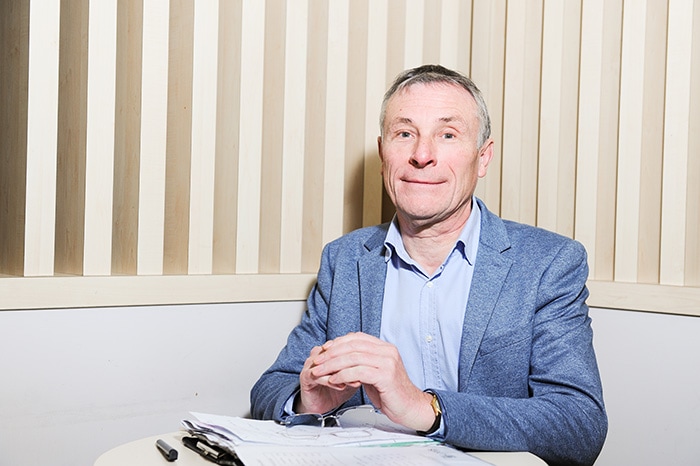
As the recent pandemic eased, we have commenced rebuilding our lives. Our workplaces are once again open, shopping centres reborn, sports stadia full and children focus back on life in the classroom and socialising with their friends in school. Ofsted inspections and examinations have returned as if nothing had happened as schools picked up the performance agenda and league table positions.
But a major issue has emerged and concerns all schools, the fall in attendance linked to the pandemic. Department for Education (DfE) statistics illustrate since 2020, when schools were directed to close by central government, pupil absence stood at 5% of the school population. It is presently at 7.5% and represents an increase of 50%.
Worryingly, the Covid related absence rate was at 7% at the height of the pandemic when schools were fully open to pupils but has fallen to 1.6% and is presently 0%. Closer examination demonstrates persistent absence, that is when pupils miss 10% or more of their lessons, has increase from 13% to 24%, in effect almost double against the rate prior to the pandemic. In terms of pupils in secondary education, the figure rises to 28%, almost one third of all teenagers.
When probing the trends more closely those schools identified by DfE with indicators of disadvantage have far higher levels of both absence and persistent absence when compared to schools with lower numbers of disadvantaged pupils (Sutton Trust, 2023). Extrapolating these measures suggests from those families identified as disadvantaged that 40% of their children are persistently absent.
Parliament's Education Committee stated in September 2023 this was of 'great concern'. The Education Secretary has responded to the issue with a pilot mentoring scheme and the creation of attendance hubs. The response is minimal in comparison to the challenge. Meanwhile, our most disadvantage children are missing what is described by Lola Okolosie, a teacher and writer, as 'the anchor of your society'. They are hidden from sight as schools individually try their best to engage pupils but lack national guidance or localised strategic responses.
Over the last decade the school system has become fragmented as have the services that support children and families that managed to survived austerity. This is more than a concern. It is a national scandal that will have severe impact in future years.
We need to move rapidly to overt a crisis. In the long term we need to fundamentally rethink what schools are for. In the short term, we need to adopt innovative approaches such as reintroduce preschool children's centres; broadening the role of primary schooling to engage with families and services to effectively becoming community hubs; and adopting approaches such as Sure Start for Teenagers as proposed by the Commission on Young Lives.
Dr. Doug Martin is a researcher and course director at Leeds Beckett University.
Copyright Oasis 2023 • Privacy Policy